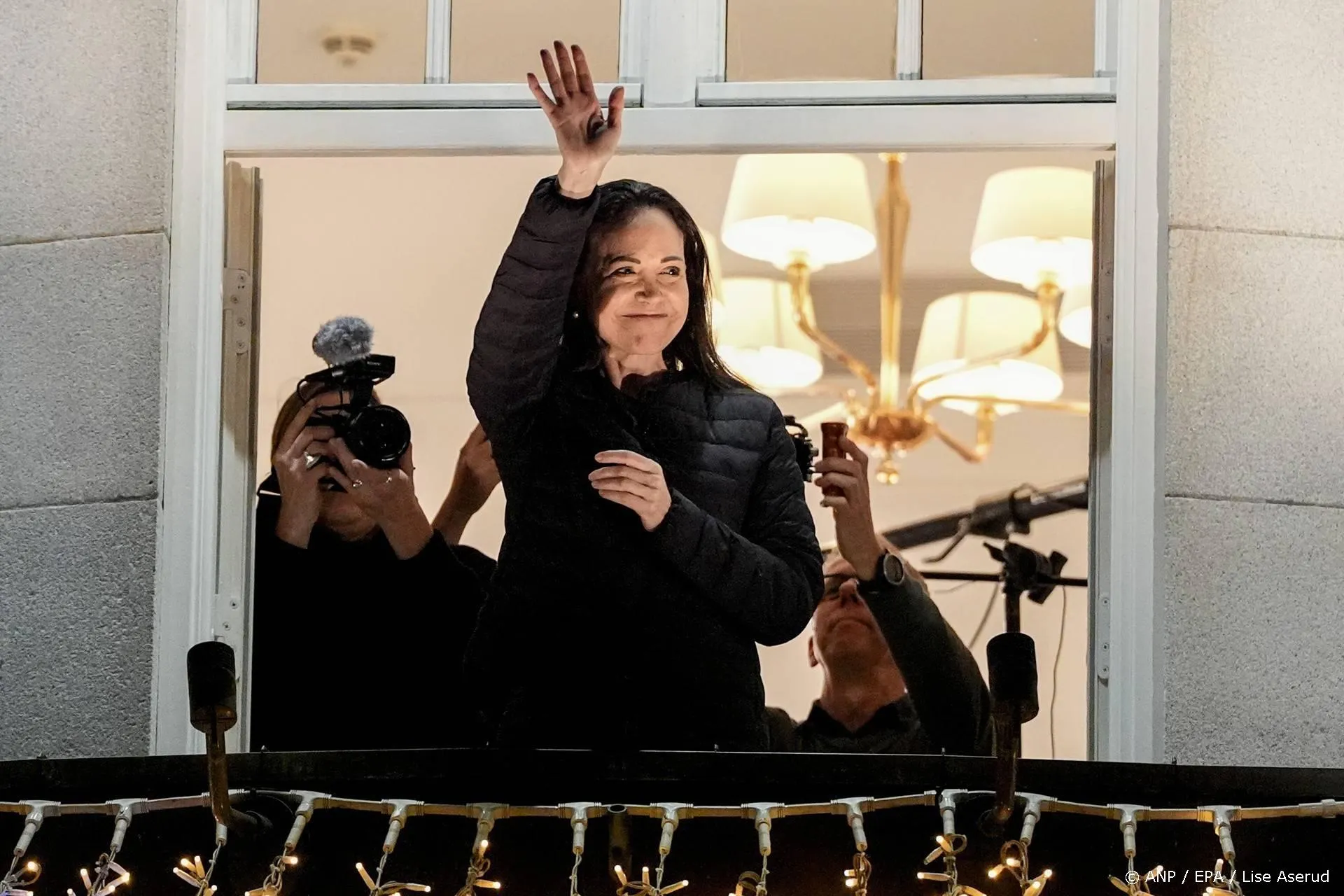Leestips - Zaterdagbijlage DDSFI 15 juni 2013
Op zaterdagen zal de redactie van DDSFI proberen u wekelijks een portie leesvoer voor het weekend te geven: tien artikelen die wij gaande de week selecteren uit de vloed van stukken de wij doornemen om onze analyses te onderbouwen en te kunnen doorgeven: onze Zaterdagbijlage. Soms zullen dit artikelen zijn over zaken die niet aan bod zijn gekomen, andere vertegenwoordigen een visie die niet de onze is, maar desalniettemin van belang om kennis van te nemen.
U vindt hier de titel (wat direct ook de link is), en de eerste alinea's.
--------------------------
Presented with little comment aside to ask - just what are the Japanese so confident about, now that two of three pillars of Abe(g)nomics appear to be cracking?
Paris. Der Chef des weltgrößten Kosmetikkonzerns L'Oréal, Jean Paul Agon, hat sich in einem Interview mit dem Handelsblatt kritisch über die Steuerpläne der französischen Regierung geäußert. "Wenn man zu weit geht, schreckt das Leute ab, nach Frankreich zu kommen", sagte der Franzose. Es könne bereits so weit sein, sagte er mit Blick auf einem Spitzensteuersatz von 75 Prozent. Er halte es zwar für richtig, "Menschen, die Geld verdienen, an wirtschaftlichen Anstrengungen zu beteiligen". Es sei jedoch notwendig, dass die Regierung ihre Zusage einhalte, die Steuer zeitlich zu beschränken.Die Steuerpläne der französischen Regierung verunsichern die Unternehmer des Landes massiv. Im Interview mit dem Handelsblatt spricht L'Oréal-Chef Jean Paul Agon zudem über Schlecker und einen möglichst schwachen Euro.
The leave it alone liquidationists were headed by Secretary of the Treasury Mellon, who felt that government must keep its hands off and let the slump liquidate itself. Mr. Mellon had only one formula: Liquidate labor, liquidate stocks, liquidate the farmers, liquidate real estate. He said: It will purge the rottenness out of the system. High costs of living and high living will come down. People will work harder, live a more moral life. Values will be adjusted, and enterprising people will pick up the wrecks from less competent people...
--Herbert Hoover, The Great Depression
Another Draghi press conference*, another iteration of Mellonist Thought. Draghis basic position, which has been iterated and reiterated for four years, is that Southern Europe must continue to go through purgatory in order to atone for its original sins of greed and indolence:
Fiscal consolidation is and remains unavoidable. It should be clear to everybody that you cannot have growth with endless debt creation. Sooner or later, you are going to be punished and the whole thing stops.
Wendet sich das Bundesverfassungsgericht gegen die EZB-Krisenpolitik? Karlsruhe verhandelt heute über diese Frage. Der CDU-Politiker Willsch hofft, dass die Richter wenigstens der Bundesbank die Grenzen aufzeigen.
Berlin. Der Haushaltsexperte der Unions-Bundestagsfraktion, Klaus-Peter Willsch, glaubt nicht, dass sich die umstrittene Krisenpolitik der Europäischen Zentralbank (EZB) durch das Bundesverfassungsgericht zügeln lässt. Der CDU-Politiker hofft daher, dass die Karlsruher Richter am Ende der heute und morgen stattfinden Verhandlungen der Bundesbank untersagen, sich weiter an der Durchführung des Staatsanleihen-Kaufprogramms der EZB zu beteiligen. Die Euro-Rettung ist ein kollektiver, institutionalisierter Rechtsbruch, sagte Willsch Handelsblatt Online. Sehr wohl binden kann das Verfassungsgericht allerdings die Bundesbank, indem sie ihr die Beteiligung an Geschäften im Rahmen der EZB untersagt, die die Verbotsgrenze zur Staatsfinanzierung mit der Notenpresse verletzen.
Reading the newspaper headlines in Berlin this morning, there are two conclusions to draw.
The first is that Germany's constitutional court in Karlsruhe will this week determine the fate of the euro. The second, only slightly less spectacular conclusion, is that this court case amounts to a duel to the death between the two main German central bankers: Bundesbank President Jens Weidmann and Joerg Asmussen, a member of the European Central Bank's executive board. I doubt both narratives.
The German constitutional court is meeting on June 11 and 12 to determine the legality of the ECB bond-buying program called outright monetary transactions. It makes sense that Germans will be waiting on tenterhooks for the ruling. German elections are coming and in Karlsruhe the entire European policy response to the euro-area crisis over the past year -- supported by the incumbent chancellor, Angela Merkel -- is in the docks.
Traders at some of the worlds biggest banks manipulated benchmark foreign-exchange rates used to set the value of trillions of dollars of investments, according to five dealers with knowledge of the practice.
Employees have been front-running client orders and rigging WM/Reuters rates by pushing through trades before and during the 60-second windows when the benchmarks are set, said the current and former traders, who requested anonymity because the practice is controversial. Dealers colluded with counterparts to boost chances of moving the rates, said two of the people, who worked in the industry for a total of more than 20 years.
Germany's two heavyweight members on the European Central Bank have fought an unprecedented duel at the country's top court, taking opposing sides in a landmark case that could make or break the euro.
Jens Weidmann, the Bundesbanks hard-line chief, testified that the ECBs bond rescue plan for Spain and Italy risks significant losses for Germanys central bank and grave damage to its credibility. Ultimately, it is the German taxpayer who carries the risk, he said.
Mr Weidmann said the bond scheme, known as Outright Monetary Transactions (OMT), blurs the line between fiscal and monetary policy and encroaches on the terrain of parliaments. It leaves the ECB with the task of carrying out rescue operations that is the proper responsibility of the euro bail-out fund and compromises the banks independence.
U moet begrijpen dat de eurocrisis voorbij is. Met deze woorden trachtte de Franse president François Hollande het voorbije weekeinde een groep Japanse investeerders te paaien. Hij was daarmee niet aan zijn proefstuk toe, want ook in oktober van vorig jaar had hij al eens een soortgelijke uitspraak gedaan. Vanavond, heb ik de bevestiging dat het ergste achter ons ligt, had hij toen gezegd.
Maar Hollande heeft zeker geen monopolie op dit soort idiote uitspraken. Een bloemlezing:
Het lijkt er op dat het ergste achter ons ligt - Ex-ECB chief economist, Jürgen Stark, juli 2010
Wie gefährlich sind die Anleihekäufe der EZB für Deutschland? Darüber verhandelt das Bundesverfassungsgericht in Karlsruhe. Der Wirtschaftsprofessor Hans-Werner Sinn warnt vor gigantischen Summen, mit denen Deutschland für die Rettungspolitik hafte.
Das Anleihekaufprogramm der Europäischen Zentralbank (EZB) kann Deutschland nach Angaben des Wirtschaftsprofessors Hans-Werner Sinn dreistellige Milliardensummen kosten. Bei einer Anhörung vor dem Bundesverfassungsgericht gab Sinn ein Gesamtrisiko von 1363 Milliarden Euro an. Da Deutschland mit 27 Prozent größter Anteilseigner der EZB ist, ergäbe sich daraus eine Höchstbelastung von 369 Milliarden Euro.
BRUSSELSSenior euro-zone finance-ministry officials will polish by the end of this week crucial details of a plan to allow the bloc's bailout fund to directly support ailing banks, with the amount of funds dedicated to the task likely to be capped at 60 billion ($80 billion).
The officials of the so-called Euro Working Group will convene informally in Rome Thursday and Friday to discuss how the European Stability Mechanism will use euro-zone funds to acquire shares in troubled lenders, two officials with direct knowledge of the matter told The Wall Street Journal.
De redactie wenst u - naast uw dagelijkse nieuwsvoorziening - veel leesplezier dit weekend.
Ga verder met lezen
Dit vind je misschien ook leuk
Laat mensen jouw mening weten
Lees ook
Loading


